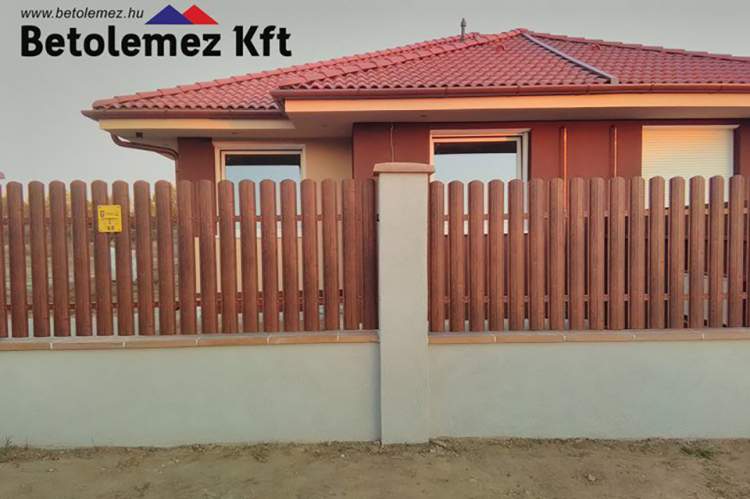Islamic taxation 1.
General principles
Every state needs the tax. There is no dispute about that.
In Western societies, the State takes the place of the conscience of the citizens and without fairness, imposes on them the sums to be paid that are necessary for its operation. So, the point here is that there is no conscience, there is no afterlife accountability, there is no God, there is only a State and a citizen who is not a thinking being and he cannot make gestures. Others think and others make gestures in his expense. On this basis, the State arbitrarily, according to its own interests, imposes the tax it wants. The State decides whether a business income is much or little, what is the deductible part of it and what is left to the citizen or the company.
An important principle in Islam that one must first put him/herself in a fit spiritual and financial condition, because only a consolidated citizen is able to help his family and society. A person exposed to spiritual and financial insecurity cannot be expected to take care of someone else. So, the goal is for everyone to be in the positive range and the payment obligation exists (and this is also on a conscientious basis) only if there is a surplus, an accumulation. Allah (SWT) does not distribute the providence equally. For some people less, for others more. It is a sort of trial. When Allah (SWT) gives to anyone material prosperity, is not the case to be perceived as a privilege in order to fulfill earthly desires, but He places with the rich even the livelihood of those who have become impoverished, and suffer in need.

If Allah were to enlarge the provision for His Servants, they would indeed transgress beyond all bounds through the earth; but he sends (it) down in due measure as He pleases. For He is with His Servants Well-acquainted, Watchful. (Quran 42:27)

Allah doth enlarge, or grant by (strict) measure, the sustenance (which He giveth) to whom so He pleaseth. (The worldly) rejoice in the life of this world: But the life of this world is but little comfort in the Hereafter. Quran 13:26)
![]()
How many are the creatures that carry not their own sustenance? It is Allah who feeds (both) them and you: for He hears and knows (all things). (Quran 29:60)
In a Western type of taxation, the financial thinking is the opposite. There, the goal is for citizens to fall into the negative range, therefore they spend their lives in debt, so neither their will, nor their decision, nor their mere existence is free. The negative range is the hotbed of sin.
Allah (SWT) has revealed a comprehensive economic system that details all aspects of economic life including government revenues and taxation. In origin, the permanent sources of revenue for the Bait ul-Mal (State Treasury) should be sufficient to cover the obligatory expenditure of the State. These revenues that Sharia (Islamic Law) has defined are: Fa’i, Jizya, Kharaj, Ushur (will be detailed later), and income from Public properties.
In a situation where the Bait ul-Mal’s revenues are insufficient to meet the State’s budgetary requirements, the financing obligation partly transfers from the Bait ul-Mal to the Muslims as a whole. This is because Allah (SWT) has obliged the Muslims on Umma level to spend on these needs and interests. Their failure to spend on taxes will lead to the harming of citizens on territorial level. Allah (SWT) obliged the State and the Ummah to remove any harm from the people.
It was related on the authority of Abu Sa’id al-Khudri, that the Messenger of Allah (peace be upon him) said:
![]()
“It is not allowed to do harm nor to allow being harmed.” (Ibn Majah, Al-Daraqutni).
Therefore, Allah (SWT) has obliged the State to collect money from the citizens in order to cover its obligatory expenditure. These taxes should only be taken from people’s surplus wealth. This wealth is what is left after someone has spent on his basic needs, and also his luxuries according to the normal standard of living. There are five areas of expenditure the Bait ul-Mal is obliged to spend upon. If insufficient funds are available then taxes will be imposed upon the citizens to meet the expenditure. These areas are:
- The expenditure upon Jihad (defense)
- Spending on the poor, needy and wayfarers.
- Expenses such as the salaries of soldiers, civil servants, judges, teachers and the like who provide services for the benefit of the Ummah.
- Expenses due in the form of services and caring of the Ummah.
- Expenditure upon emergencies like famines, earthquakes, floods and other vis majors.



















